For the following rational function, identify the coordinates of all removable discontinuities and sketch the graph. Identify all intercepts and find the equations of all asymptotes.f(x) = 
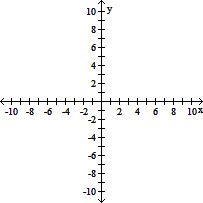
A. removable discontinuity at (4, -1);
no x-intercept, y-intercept:  ;
;
asymptotes x = 5, y = 0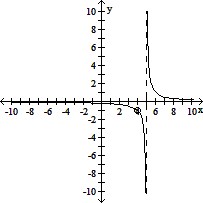
B. no removable discontinuities;
no x-intercept, no y-intercept;
asymptotes x = 5, x = 4, y = 0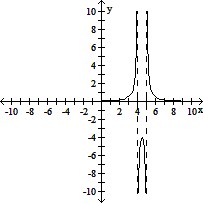
C. no removable discontinuities;
no x-intercept, no y-intercept;
asymptotes x = -5, x = -4, y = 0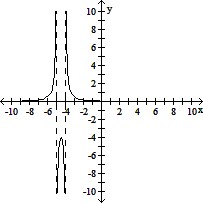
D. removable discontinuity at (-4, 1);
no x-intercept, y-intercept:  ;
;
asymptotes x = -5, y = 0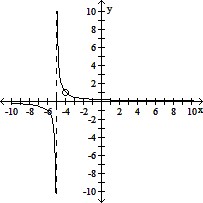
Answer: D
You might also like to view...
Find the common difference d and the nth term an of the arithmetic sequence with the specified terms. 4th term is 21; 6th term is 39
A. d = 9; an = 9n - 15 B. d = 3; an = 3n + 9 C. d = 6; an = 6n + 15 D. d = 9; an = 9n - 6
Use the zero or root feature of a graphing utility to approximate the zeros of

A. x = -8.492, -0.695, 1.186 B. x = -4.692 C. x = -3.575 D. ?x= -3.910, -0.763, 1.173 E. ?x= -4.388, -0.720, 1.108
Solve using the addition principle.t - 6 = 17
A. -23 B. -11 C. 11 D. 23
Find all angles in degrees that satisfy the equation.cos x = 0
A. 
B. 
C. 
D. 